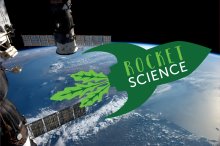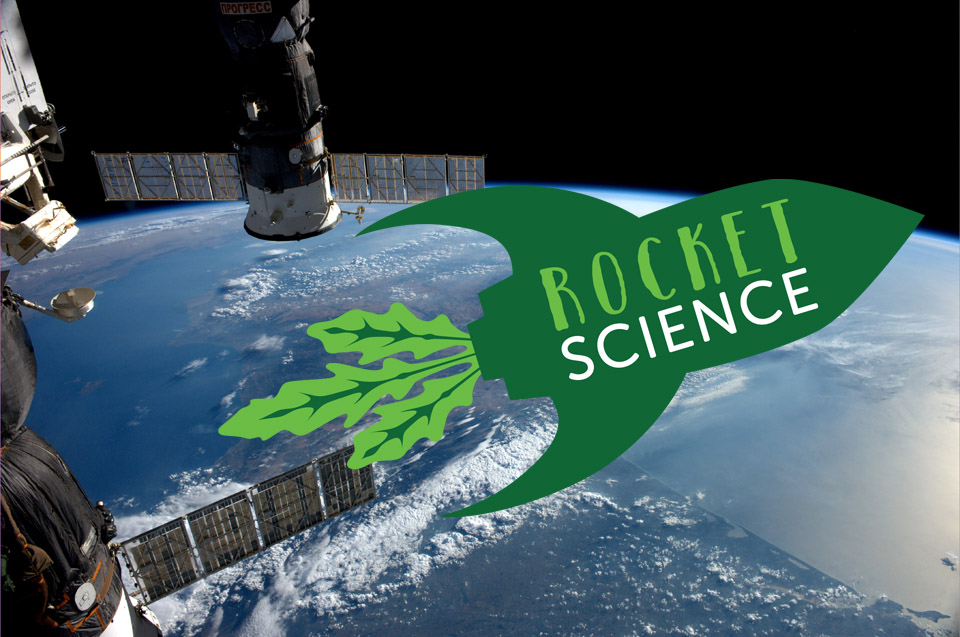
Pupils at Bedford Girls’ School are preparing to become space biologists and embark on a voyage of discovery, by growing seeds that have been into space with British astronaut Tim Peake.
In September, 2kg of rocket seeds were flown to the International Space Station (ISS) on Soyuz 44S where they are spending several months in microgravity before returning to Earth in March 2016. The seeds have been sent as part of Rocket Science, an educational project launched by the RHS Campaign for School Gardening and the UK Space Agency.
Bedford Girls’ School will be one of up to 10,000 schools to receive a packet of 100 seeds from space, which they will grow alongside seeds that haven’t been to space and measure the differences over seven weeks. The girls won’t know which seed packet contains which seeds until all results have been collected by the RHS Campaign for School Gardening and analysed by professional biostatisticians.
The nationwide science experiment will enable the girls to think more about how we could preserve human life on another planet in the future, what astronauts need in order to survive long-term missions in space and the difficulties in growing fresh food in challenging climates.
Mrs Jenkin, Biology Teacher at Bedford Girls’ School, said: “We are very excited to be taking part in Rocket Science. This experiment is a fantastic way of teaching our girls to think more scientifically and share their findings with the whole school.”
Rocket Science is just one educational project from a programme developed by the UK Space Agency to celebrate British ESA astronaut Tim Peake’s Principia mission to the ISS and inspire young people to look into careers in STEM (science, technology, engineering and maths) subjects, including horticulture.
Follow the project on Twitter via @RHSSchools and #RocketScience.





















